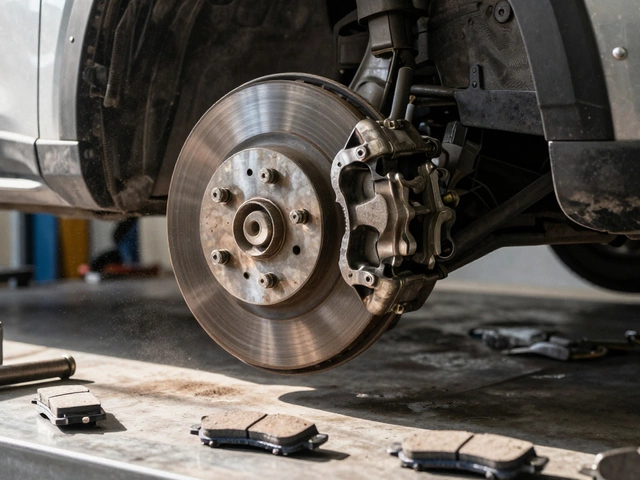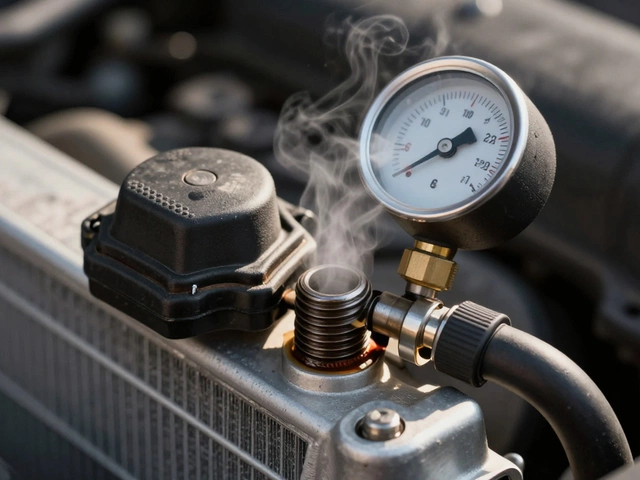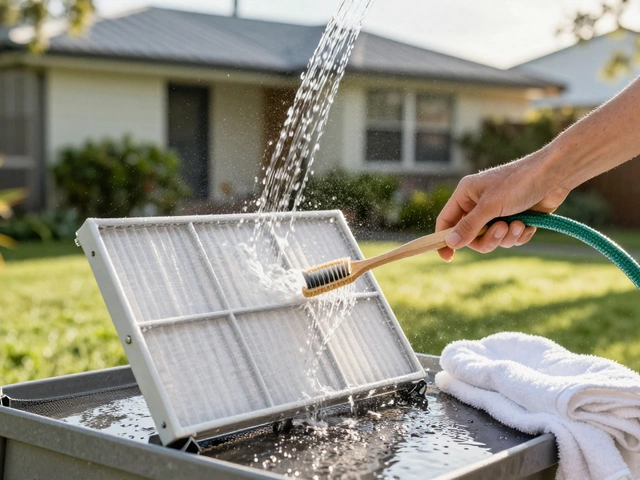Car Air Conditioner Basics and How to Keep It Cool
If your car's AC blows warm air or makes weird noises, you’re not alone. Most drivers only think about the AC when it fails, but a little regular care can stop most issues before they start. Below you’ll find simple explanations of how a car AC works, the signs that something’s wrong, and easy steps to keep it running smoothly.
How a Car AC System Works
At its core, a car AC is a tiny refrigerator. The compressor squeezes refrigerant gas, turning it into a high‑pressure liquid that travels through the condenser, the evaporator, and finally out the vents as cool air. The system also uses a fan to move air across the evaporator and a sensor to control temperature. Knowing these parts helps you identify which one might be causing trouble.
Common AC Problems and Quick Fixes
Warm Air: The most common complaint. Check the refrigerant level first – low refrigerant usually means a leak. You can buy a recharge kit at any auto store and add the correct amount yourself. If the air stays warm after a recharge, the compressor or a clogged condenser might be the culprit.
Funky Smells: A musty or sweet smell often means mold in the evaporator or a leak of refrigerant mixed with oil. Run the fan on high with the AC off for a few minutes to dry out moisture. If the smell persists, a professional cleaning of the system is the safest route.
Loud Noises: Rattling or squealing usually points to a loose compressor belt or worn pulleys. Open the hood, locate the belt, and look for cracks or looseness. Tightening or replacing the belt is often a quick fix that restores quiet operation.
Weak Airflow: A dirty cabin filter will choke the air moving through the vents. Find the filter behind the glove box, pull it out, and replace it with a new one. It’s a cheap step that instantly improves cooling power.
When you notice any of these symptoms, act fast. Ignoring them can lead to expensive repairs later, like a failed compressor that costs hundreds to replace.
Beyond troubleshooting, regular maintenance can extend the life of your AC. Schedule a professional check‑up once a year, especially before summer. Have the refrigerant checked, the condenser cleaned, and the system pressure tested. This prevents hidden leaks and ensures the system stays efficient.
For DIY lovers, keep a few tools handy: a refrigerant gauge set, a vacuum pump, and a basic socket set. With these, you can diagnose pressure problems, evacuate air from the system, and refill it correctly. Remember to wear safety glasses and work in a well‑ventilated area.
Lastly, think about how you use the AC. Turning it on at full blast while the engine is cold forces the compressor to work harder. Let the engine warm up a minute, then set the fan to a moderate speed. This small habit reduces wear and saves fuel.
Whether you’re dealing with a leaky hose, a clogged filter, or just want to keep the cabin fresh, these tips give you the confidence to handle most AC issues yourself. If a problem feels beyond your comfort level, a certified mechanic can step in and save you time and money.

Does Changing Your AC Filter Improve Performance?
Changing your AC filter regularly can significantly enhance its performance and efficiency. A clean filter ensures better airflow, reduces energy consumption, and improves air quality. Neglecting this maintenance task may lead to higher bills and potential AC breakdowns. Understanding the right type of filter to use and the ideal replacement frequency can lead to a cooler and more cost-effective home environment.
CONTINUE READING








